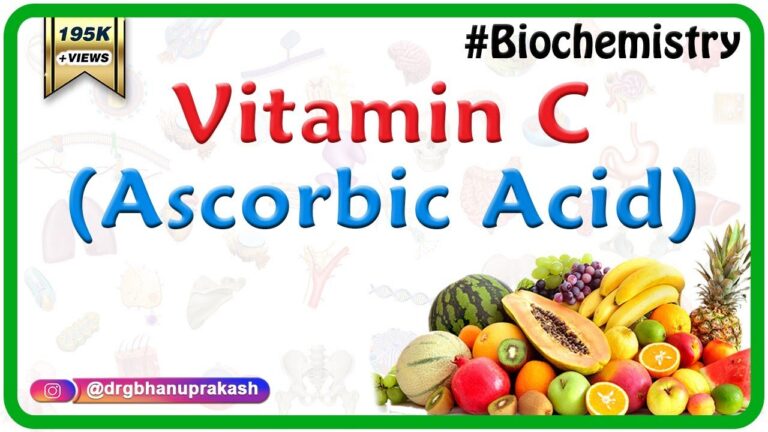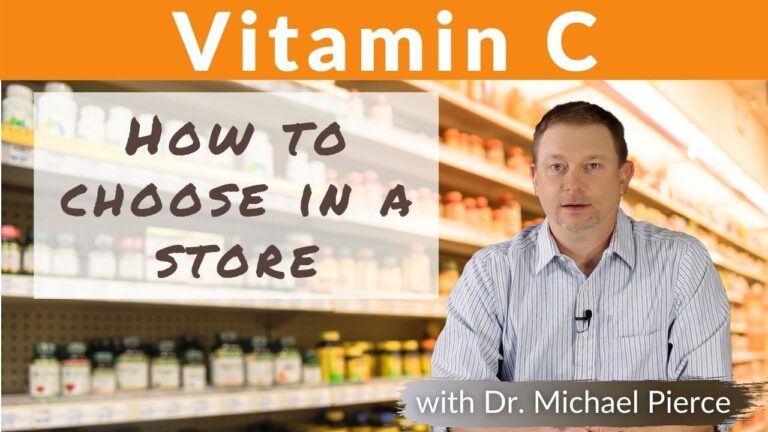Unlocking the Health Benefits of Zinc Vitamin – The Ultimate Guide
Zinc is a vital mineral that plays an essential role in various body functions such as immune system health, wound healing, and cell growth. It is often overlooked but is crucial for maintaining overall well-being. Zinc is also a popular mineral in nutritional supplements, and many people consume it as a dietary supplement.
Benefits of Zinc Supplements
Zinc supplements can enhance an individual’s overall health in different ways. Here are some of the potential benefits of zinc:
- Immune system support: Zinc is required for the development and function of immune cells. It promotes the production of antibodies and helps fight off harmful pathogens.
- Wound healing: Zinc supports the regeneration of skin cells and helps wounds heal faster. It also reduces inflammation and aids in the formation of scar tissue.
- Reduced risk of age-related diseases: Zinc plays a significant role in protecting against chronic diseases such as macular degeneration, Alzheimer’s disease, and cardiovascular disease.
- Fertility: Zinc is essential for reproduction. It supports the production of healthy sperm and eggs and aids in fetal development.
- Hormonal balance: Zinc regulates hormone production and aids in maintaining healthy hormone levels.
Zinc Deficiency and Supplement Dosage
Zinc deficiency can cause several health problems, such as impaired growth and development, delayed sexual maturation, and compromised immune system function. Zinc is also essential for pregnant women as it affects fetal growth and development.
The recommended daily intake of zinc for adults is around 8 mg for women and 11 mg for men. However, pregnant and lactating women require higher levels of zinc between 11-13 mg.
Zinc supplements come in various forms, such as tablets, capsules, and lozenges. The recommended dosage of zinc supplements varies depending on age, gender, and individual health conditions. It is crucial to follow the recommended dosage or consult with a healthcare professional before taking a high dosage to avoid adverse effects.
Zinc-Rich Foods
Zinc is naturally present in different types of foods. Here are some zinc-rich foods:
- Oysters: Oysters are a rich source of zinc, containing approximately 74 mg per 100 grams.
- Meat: Beef, pork, and lamb are good sources of zinc, containing around 4-5 mg per 100 grams.
- Nuts and seeds: Cashews, pumpkin seeds, and hemp seeds are good plant-based sources of zinc, containing around 2-7 mg per 100 grams.
- Legumes: Chickpeas, lentils, and beans are good sources of zinc, containing around 1-3 mg per 100 grams.
- Dairy products: Cheese and milk contain zinc, but in lesser amounts than animal-based sources, containing around 0.9-1.2 mg per 100 grams.
Conclusion
Zinc is an essential mineral that supports various functions in our bodies. While it is possible to get sufficient zinc from our diets, many people choose to supplement with zinc to receive optimal benefits. When considering taking zinc supplements or increasing zinc in the diet, individuals should consult with a healthcare professional to avoid potential side effects.
Contents
Most searched products:
Does Sephora Support Israel? Answering Your Questions
Capsaicin Cream Boots
The Explosive Reaction: Sodium Hydroxide and Hydrochloric Acid
Benefits of Using Glycolic Acid for Dandruff Treatment
The Ordinary Foundation Colour Match
The Ultimate Guide to The Ordinary Skincare for Men – Tips and Recommendations
The Ultimate Guide to Lactic Acid: Benefits, Side Effects, and Uses
Lumin Skin Care Reviews: The Ultimate Guide to Glowing Skin
Revitalize Your Skin with the latest Generation Vitamin C Serum from Skincare Experts
Transform Your Skin with Our Effective and Moisturizing Hydrating Cream










